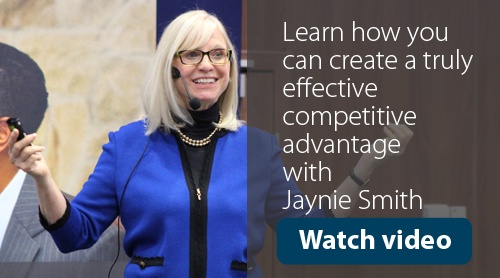
As a CEO coach I’ve always taken the view that my job is a holistic responsibility. That is, I believe that as part of the client’s team I have a responsibility to help him or her become aware of ways in which they can improve in all areas of their life. Awareness being only the first part of it of course, as I then believe I should coach them into taking the right actions to make this awareness work for them.
A coaching revelation
Early on in my coaching career, in the last century in fact, I always thought of myself in a similar role as that of a real professional sports coach. I’d help in all areas except when they are performing because that’s their bit. That‘s where they perform. That’s their job. That’s what they are paid to do. It became strikingly obvious to me when coaching sports people alongside business people that the coaching analogy starts and ends abruptly at the front door. You simply cannot compare the performance or activity of a corporate executive with a professional athlete – they simply do not compare at all.
A professional athlete or sportsperson is required to perform at their peak for a very short period of time. They do this at regular intervals and they know well in advance when they are going to need to be at their peak level. They work up to it. For example a professional Rugby Union player performs for around 80-90 minutes once a week, a soccer player for 90-100 minutes once or maybe twice a week, a tennis player for maybe 2-3 hours a day in a tournament for as long as they keep winning, a 100 meter sprinter for under 10 seconds and a marathon runner for 2 hours 10 minutes, 5 or 6 times a year. The remainder of the time in between performances they are resting, recharging, taking in the right nutrients, being coached, practicing, learning new skills, developing and honing existing strengths and so on. They spend 95% plus of their time getting ready to be at their peak for 5% or less of their time.
Now consider this...
Now let’s take our Corporate Athlete. There are 168 hours in a week available to us. Hopefully we all get 8 hours sleep a night. Our Corporate Athletes have around 110 hours available to them when we take hygiene time into account. They work for around 50-60 hours a week on average (and probably more). That’s 50% of their waking hours working. They probably spend some more time simply thinking about work. Some CEOs can spend up to 80% of their waking time working. Normal driven CEOs hopefully spend some time with their family and may engage in some rest and relaxation. How much of their time do they dedicate to being ready to perform at their peak when they are needed to be at their peak? How do they know when this will be?
They’re the CEO, the MD, the owner of the company and the person everyone expects to have all the answers. They need to be at the top of their game all the time, or do they?
How much time do you allocate to being top of your game?
How much time do they allocate now to being at the top of their game, to being coached, to learning new things, to being rested and regenerated, to eating right and being in tip-top physical and cognitive order? I don’t know, but I bet you it’s a lot less than 5% of their time.
How much time should business leaders allocate to it if they are to always be able to perform at their best?
If being at your peak requires you to be professional about it and to take a professional approach to being the best, then how many of us who run companies are anywhere near this? How much more successful would our companies (and our ourselves) be if we really did look at how we can learn from real athletes and take note?
Let’s take just 5% of our month, 5% of our time dedicated to being at the top of our game. 5% is one day a month. One day a month to work on you, to work on being a better leader, to work on making better decisions, to work on getting better results. One day a month to measure yourself against your peers. One day to get you ready to perform at your peak. Is it enough? Probably not - but it’s a start.
Start working on you and your performance so you can work on your business to improve it's performance.
Can’t afford the time? Can’t afford to not take the time!
If 2015 is to be the best year ever for you, what will you tell me you’ve achieved when we meet this time next year? What will have to have happened to make that happen? I bet it includes spending at least one day a month, if not more, of your time working on being the best leader you can be.
Remember why you are doing this!
As a final note I ask you to remember why you’re doing this, who you’re doing this for and when you’re going to enjoy the fruits of your sacrifices.
I’m reminded of the famous golfer, Walter Hagen, who advised his students… "Don’t hurry, don’t worry and be sure to smell the flowers along the way.”
What will you do in 2015 to ensure you are the best leader you can be?
More from Vistage:
Our gift to you...
Apply now for your personal leadership consultation with a Vistage Chair. They'll help you assess areas of strength of your business and identify areas of potential growth.


